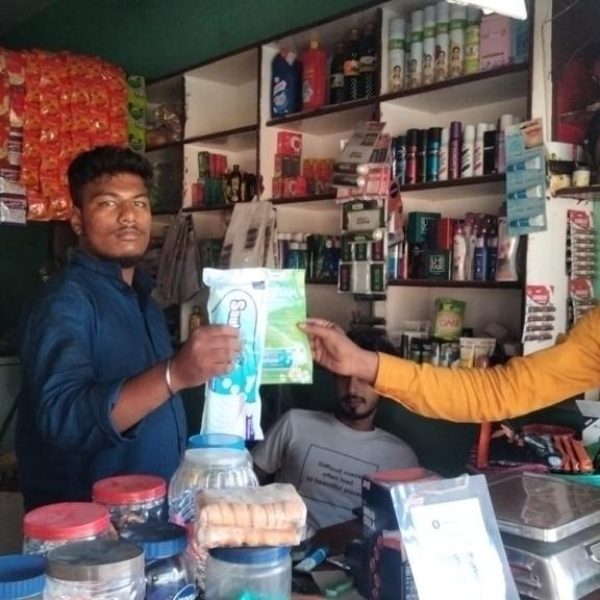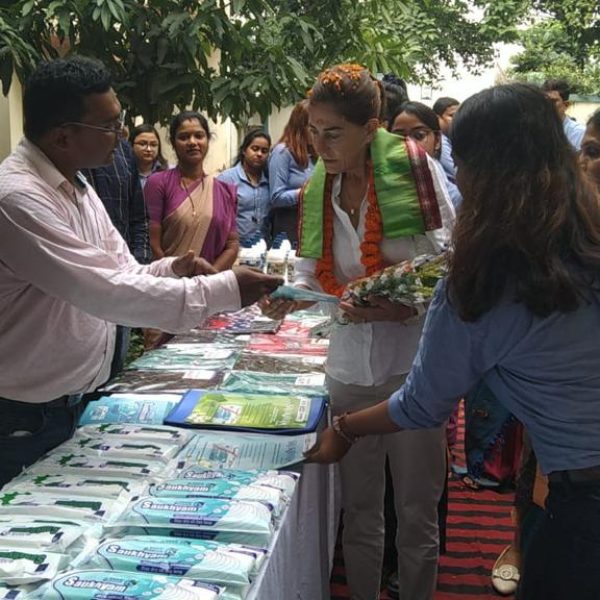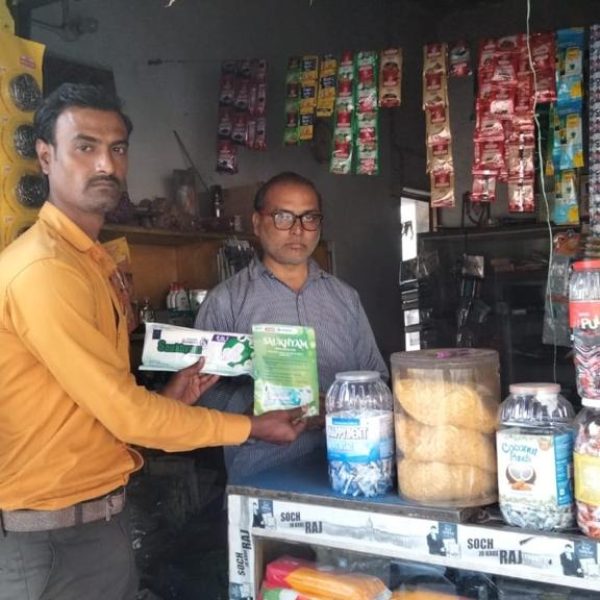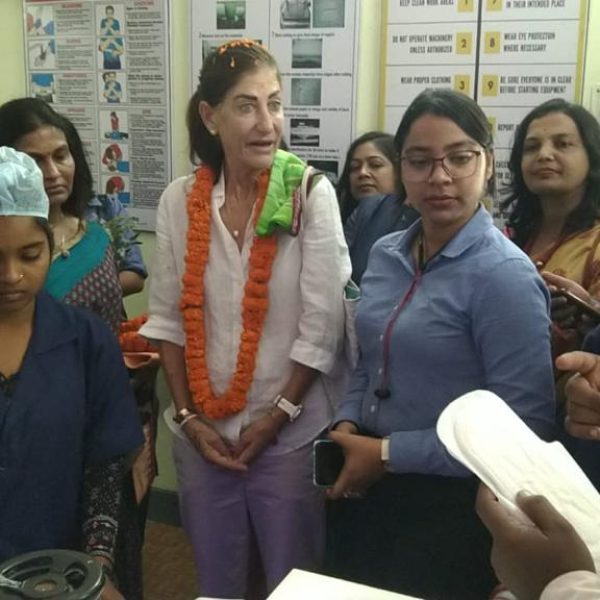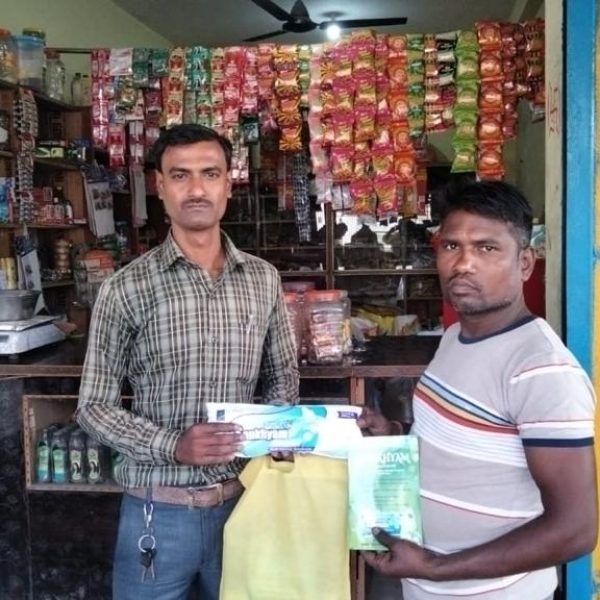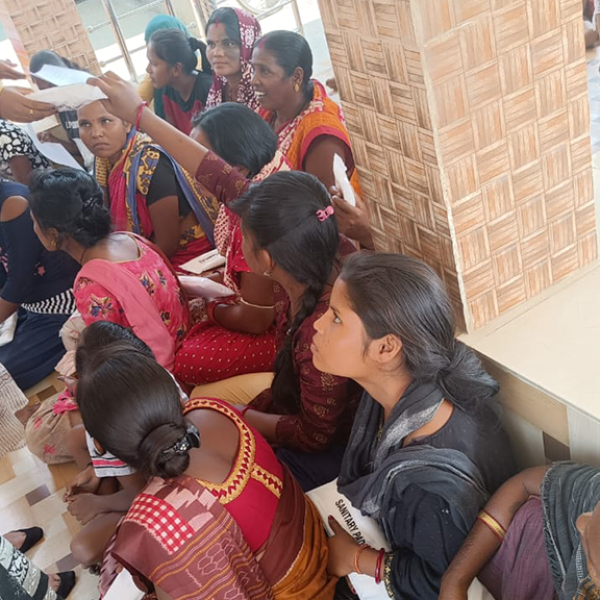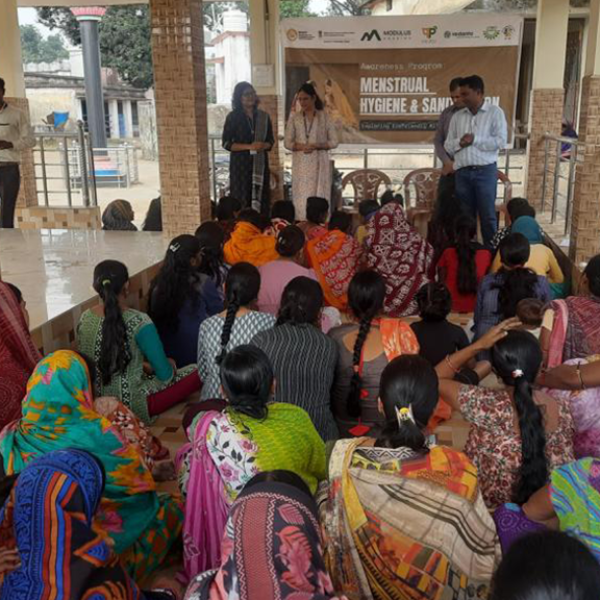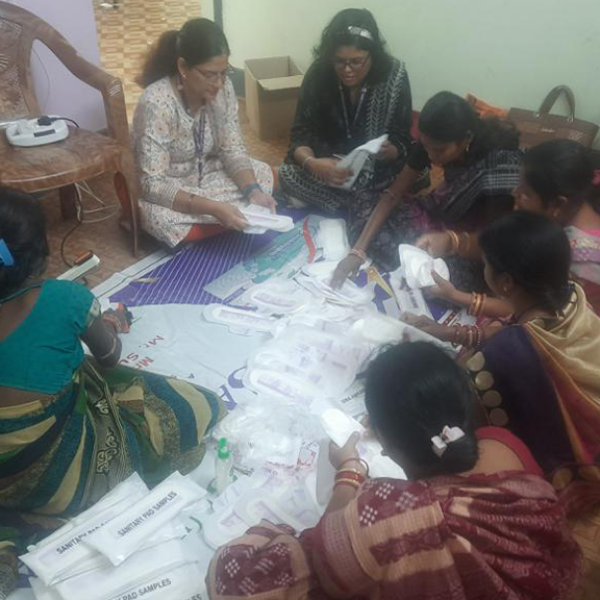
Establishing
SANITARY PAD Production Units for Improved "HYGIENE"
Odisha-based
eco-friendly sanitary pads.
Major raw material ingredients from local resources
Drive sustainability and Boosting Tribal Economy profitability.
Awareness of hygiene & sanitation in the tribal districts.
Deployment of technology to women-led manufacturing units.
Overview of Sanitary Pad Production Units
Women’s health and hygiene have become significant global concerns. Menstruation and menstrual practices still face social, cultural, and religious restrictions, posing barriers to menstrual hygiene management, particularly in rural and tribal areas. While the central government’s ‘Ujjwala Sanitary Napkin Scheme 2022’ aims to provide hygiene products and employment opportunities to women in Odisha, the low wicking capacity of these low-cost pads hinders their adaptability in semi-urban and urban areas.
Conversely, synthetic pads with artificial fragrances and good wicking capacity are popular but have several drawbacks. Prolonged use of synthetic hygiene products can lead to health issues like genital fungal infections, UTIs, toxic shock syndrome, cervical cancer, and infertility. Additionally, synthetic sanitary products are deodorized and chlorine-bleached, containing harmful chemicals like organochlorines, which disrupt soil microflora and decompose slowly when buried.
The promotion of biodegradable sanitary products addresses both health and environmental concerns. Made from natural materials, biodegradable pads are safer, reduce plastic waste, and decompose quickly. The need of the hour is to develop 100% biodegradable sanitary napkins that are cost-effective with superior wicking properties.
We propose developing 100% biodegradable sanitary pads incorporating superabsorbent particles (SAPs) derived from organic cotton fibers and biocompatible polymers from natural sources, such as wheat gluten. This technology will be pilot-tested and then implemented in rural and tribal SHGs. It aims to improve low-cost sanitary pads, enabling women-led sanitary pad units to produce and sell high-quality products, thereby generating more profits.
By advancing this technology, we aim to enhance women’s health and hygiene while fostering sustainable and profitable women-led enterprises.
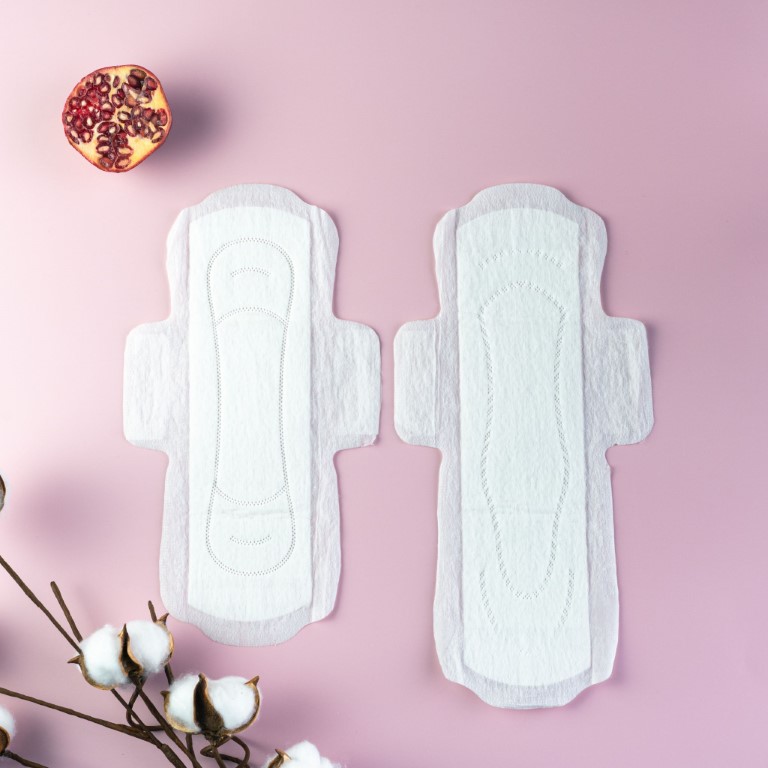
Objectives
Pilot testing of eco-friendly sanitary pads made from 100% cotton sourced from tribal areas of Odisha that incorporate superabsorbent particles (SAPs) derived from Wheat Gluten (WG) and Pripol.
Creation of awareness of hygiene and sanitation among the women and girls in the tribal districts through awareness programs, mass communication, etc
Deployment of technology to multiple women-led sanitary pad manufacturing units to increase profits.
Activities
SAPs
Process optimization and product characterization of sanitary pads.
Collaboration
Partnering with third-party manufacturers.
Piloting and Distribution
Gathering product feedback for refinement.
Awareness Program
Promoting menstrual hygiene and sanitation.
Activities
SAPs
Process optimization and product characterization of sanitary pads.
Collaboration
Partnering with third-party manufacturers.
Piloting and Distribution
Gathering product feedback for refinement.
Awareness Program
Promoting menstrual hygiene and sanitation.
SAPs
Process optimization and product characterization of sanitary pads.
Collaboration
Partnering with third-party manufacturers.
Piloting and Distribution
Gathering product feedback for refinement.
Awareness Program
Promoting menstrual hygiene and sanitation.
SAPs
Process optimization and product characterization of sanitary pads.
Collaboration
Partnering with third-party manufacturers.
Piloting and Distribution
Gathering product feedback for refinement.
Awareness Program
Promoting menstrual hygiene and sanitation.
Future Prospects

Improved Hygiene
Enhancing personal hygiene and sanitation knowledge among women and girls in Odisha’s tribal districts

Empowering Local Women
Integrating local women’s self-help groups to address concerns and reduce hesitancy.

Boosting Tribal Economy
Technology dissemination to SHGs in rural/tribal areas will strengthen the local economy.

Market Competitiveness
Improved products enable women SHGs to compete with existing brands.

Economic Stability
Enhanced products aid tribal/rural entrepreneurs in achieving social and economic stability.

Expansion Potential
Replicability of the project in wheat-growing regions allows for broader implementation.
Partners
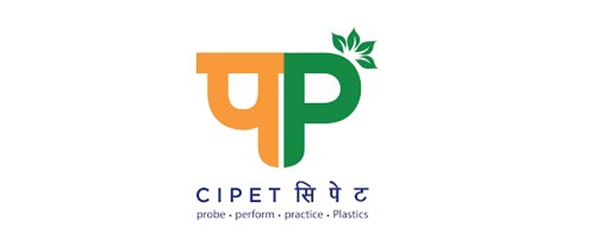
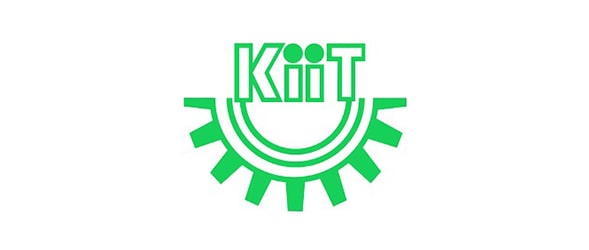
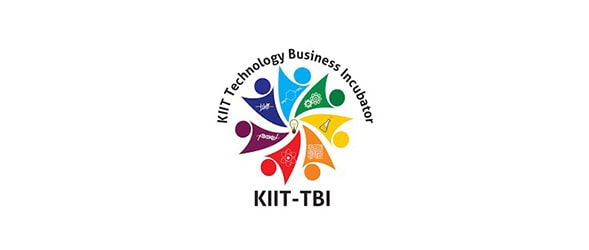
Glimpses
